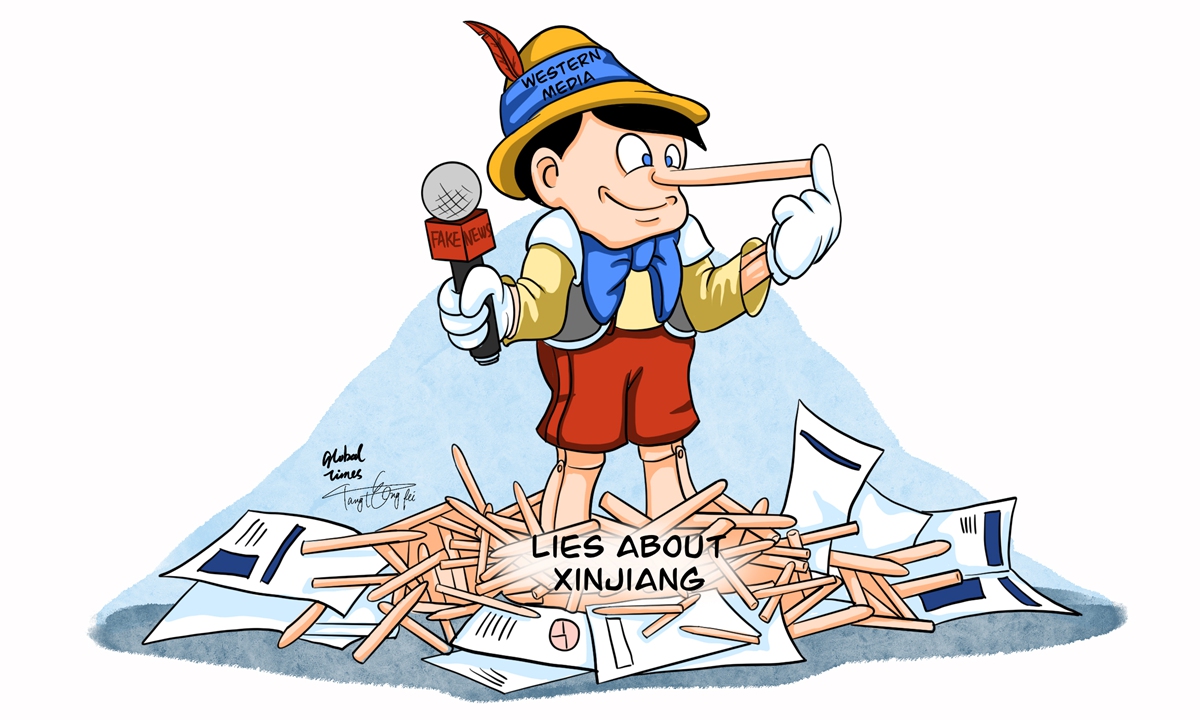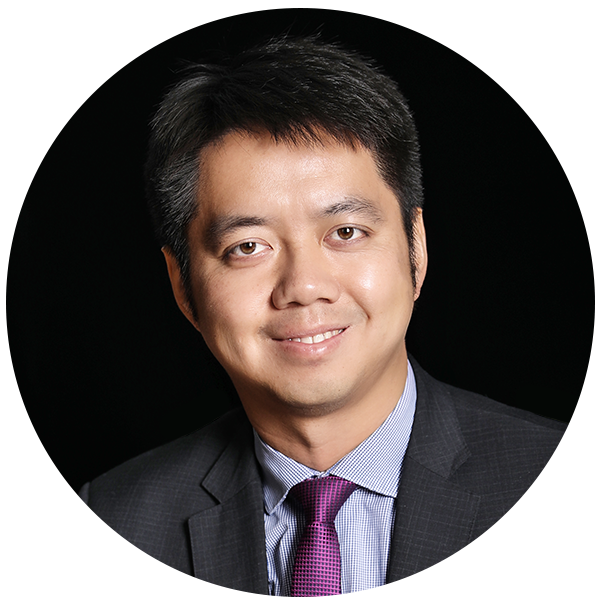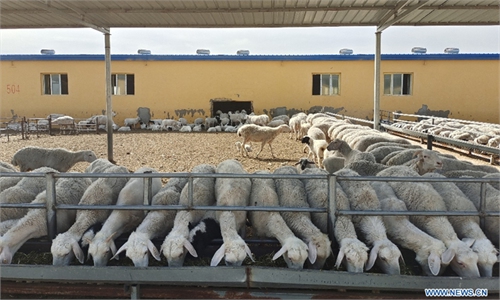Dare detractors come and see reality of Xinjiang?

Illustration: Tang Tengfei
I was amazed when I went to Xinjiang a week ago to do field research there. Today's Xinjiang is greatly different from what some Western think tanks and media reports depict. It is also different from what I witnessed in my previous trips there.When I visited Kashgar in southern Xinjiang for the first time in 2011, the old towns were like relics or even ruins. People there lived no better life than those living in the slums of Mumbai or Mexico City. But today's old towns have become 5A tourist spots with millions of tourists visiting annually.
I still have the jitters remembering my visit that time, terrorist attacks had taken place in a county which is 100 kilometers away from Kashgar, and many people lost their lives. Special forces patrolled Kashgar and sandbags-built trenches could be seen on some streets, all of which seemed like to prepare for a war. When I saw bloody pictures and guns used by extremists in exhibitions, I was worried about the long-term security situation in Xinjiang.
But the current situation in Xinjiang is very safe, and no terrorist or violent incidents have taken place during the past four years. I rarely saw special forces or even policemen on the streets. My colleagues went to the street for food at midnight. If I didn't see and experience this myself first-hand, I might believe Xinjiang is a dangerous place. But I was wrong.
What is even more mistaken is what some Western think tanks and media reports say. They claim that there are no human rights in Xinjiang, and that China was committing a genocide. In fact, data shows that the population of Uygurs rose from 10.17 million to 12.72 million between 2010 and 2018 with a growth of 25.04 percent. This is much higher than the national growth average of 5.38 percent. Compared with half a century ago, the population of Uygurs has doubled in Xinjiang. And what about the population of Native Americans in the US?
Moreover, more Uygur celebrities like Dilraba Dilmurat and Gulnazar are emerging. They are fashionable and represent the brightest side of China's modernization. What stories are the forces who fled overseas conjuring up about human rights accusations?
Maybe they have been fooled by some Western NGOs or have been abroad for too long; they still equate the image of Xinjiang with poverty and backwardness. In 2020, Xinjiang's per capita GDP already exceeded $8,000.
I advise some people in the West to look at China from a development perspective. Over the past 40 years of reform and opening-up, Western media and think tanks have fabricated too many lies about China. But China has not been deterred by these lies. On the contrary, China is making more progress, and lies are collapsing inward on themselves.
Some foreign friends may ask if Xinjiang is so good, why not permit foreigners to see it? In fact, Xinjiang welcomes foreign friends very much. In the past three years, more than 2,000 foreign envoys and officials, including UN officials, have made field visits to the region. Almost all those foreign officials have shared my feelings. The problem is that the Western media is not interested in reporting on this, and instead lodged a false accusation that foreign journalists face restricted access to Xinjiang.
Since Xinjiang has been ravaged by extremist forces over the years, it is understandable that some foreigners are skeptical about the situation. But there is no doubt that everyone is welcome to visit Xinjiang.
One might suggest the UN investigate the Xinjiang issue. I disagree. As I have mentioned, UN officials have been to Xinjiang many times. However, the Xinjiang issue should not be the subject of official discussions at the UN.
For example, if there are neighbors who suspect, question or spread rumors that you are abusing your family members, and ask to file an investigation at the police station, will you accept that? I'm sure you will not. But at the same time, magnanimous people usually choose to welcome anyone into their home, even the police, as long as they don't mess things up.
As for Xinjiang, many foreigners are concerned about: Is Xinjiang chaotic? Is Xinjiang very poor? Are there any abuses? Are there any restrictions on traveling to Xinjiang?
Any foreign friends are welcome to visit Xinjiang. I believe the answer will be the same as what I have introduced.
The author is professor and executive dean of Chongyang Institute for Financial Studies at Renmin University of China. opinion@globaltimes.com.cn




